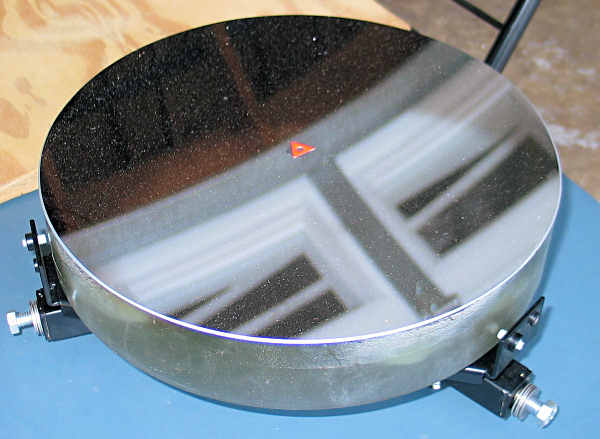In 2014, I’m reading and blogging through Pope Francis/Cardinal Bergoglio’s Open Mind, Faithful Heart: Reflections on Following Jesus. Every Monday, I’ll be writing about the next meditation in the book, so you’re welcome to peruse them all and/or read along.
Pope Francis narrates the presentation of Christ at the temple, and the prophesies and joy of Simeon and Anna. And then he says:
There is radiance in the temple because the Light is entering into it: “a light for revelation to the Gentiles and for glory to your people Israel” (Luke 2:32). It is Candlemas day, the day of the candles that will become the paschal candle on the night of Passover and a dazzling sun at the end of history. A hymn for the feast of the Epiphany tells us that the Magi are the just ones “who seek the Light with the help of the light”: lumen requirunt lumine. Today in the temple, the final epiphany is foreshadowed.
All these citations reminded me of a line from Psalm 36, which sometimes turns up in Divine Office: “For with you is the fountain of life; in your light we see light.” In order to see it more clearly, Pope Francis moves from a discussion of Epiphany to a discussion of the Ignatian Spiritual Exercises, a way of preparing yourself to see and seek more clearly.
I’ve just finished reading Jen Fulwiler’s memoir, Something Other than God, and, as she stumbles through the spiritual exercises she creates for herself as an agnostic, there’s a C.S. Lewis quote she keeps returning to:
He shows much more of Himself to some people than to others—not because He has favourites, but because it is impossible for Him to show Himself to a man whose whole mind and character are in the wrong condition. Just as sunlight, though it has no favourites, cannot be reflected in a dusty mirror as clearly as in a clean one.
You can put this another way by saying that while in other sciences the instruments you use are things external to yourself (things like microscopes and telescopes), the instrument through which you see God is your whole self. And if a man’s self is not kept clean and bright, his glimpse of God will be blurred—like the Moon seen through a dirty telescope.
Simeon and Anna had been long polishing their mirrors with prayer and service, so, when the Christ-child came before them, they were able to be dazzled by His light, reflected in their souls. One way to cultivate that brightness in ourselves is just to tackle individual blemishes as we find them.
For instance, I am terrible about saying, “You’re welcome” when people thank me for something. I tend to brush thanks off with a “Don’t be silly” or “No, no, it’s hardly altruistic for me to come to your concert, your singing was lovely!” I don’t like debt, and I assume (probably falsely) that having to thank me for things makes the other person feel uncomfortable, so I try to dispel their gratitude instead of acknowledging it.
This is almost certainly not the worst thing I do on a day to day basis, but it is one of the faults I’ve noticed, so I ought to address it, if only to have the habit of promptly pulling out my dustrag whenever I notice a spiritual smear. But another way to notice the dust, in order to clear it away, is to do things that require more light.
Perhaps my dustiness isn’t a problem is day to day life, but, if I try to use my mirror to spy out something lovely, but fainter, like God in lectio divina or the proper way to be kind to a friend in distress, I might become aware of the blurriness and insufficiency of my instrument, now that I’m asking more of it.
In order to discover the imperfections, I need to move beyond by current comfort zone and habitual kludges to see what I’m actually working with, and where my caritas needs to be better developed.













